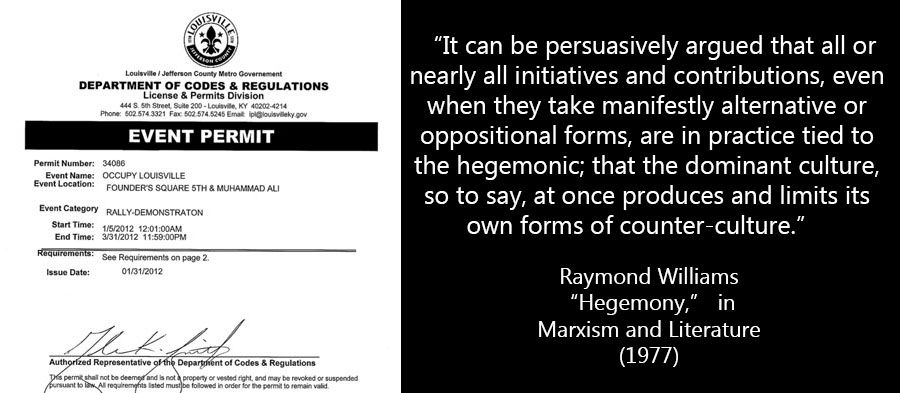
Back in late June 2013, three members of Culture on the Edge had a conversation on Facebook about the category “code switching” (nicely exemplified in the above Key & Peele skit, featuring Luther, President Obama’s “anger translator” [watch it below]), a conversation that later led to two blog posts on our site, referencing this conversation (here and here) and, ultimately, to Monica Miller conceiving of a workshop at Lehigh University, funded by a Collaborative Research Grant from its The Humanities Center — an opportunity that will involve Lehigh faculty members, James Peterson, Associate Professor of English and Director of Africana Studies, Jackie Krasas, Associate Professor of Anthropology and Sociology and Director of Women, Gender and Sexuality Studies, along with three of her Edge colleagues: Merinda Simmons, Leslie Dorrough Smith, and Vaia Touna — all of whom work on identity and language, but in very different domains and historical periods.
We hope that the following conversation — spruced up a bit for public consumption — helps to set the stage for some of the early thinking that may be in the background of the workshop, which takes place in April 2014 (more news on that coming soon).
6/29, 4:45pm
Russell McCutcheon
Ok, I have a query: it strikes me that, despite how many use it, “code switching” is a profoundly imperial category, one that perpetuates certain notions of race (when it is applied to studying some instances of African American English), while seemingly only describing them, yet no one realizes it.
What do you think? Continue reading “Behind the Scenes: A Conversation on “Code Switching””


 Did you catch this interview, earlier today, with Francesca Marciano, about her new collection of stories,
Did you catch this interview, earlier today, with Francesca Marciano, about her new collection of stories, 
 Ever wonder how a imperial dominance works? Consider this, admittedly, fun video in which all the objects in the Oxford museum — including the ancient ones! — all know and love Christmas carols.
Ever wonder how a imperial dominance works? Consider this, admittedly, fun video in which all the objects in the Oxford museum — including the ancient ones! — all know and love Christmas carols.  Did you see Google’s new ad, released not long ago and which is part of their
Did you see Google’s new ad, released not long ago and which is part of their  … you not only name your sports teams after the people your ancestors conquered but taunt the opposing high school football team with witty banners referencing events those vanquished peoples’ descendents consider to be terrible catastrophes inflicted upon their groups by your own predecessors.
… you not only name your sports teams after the people your ancestors conquered but taunt the opposing high school football team with witty banners referencing events those vanquished peoples’ descendents consider to be terrible catastrophes inflicted upon their groups by your own predecessors.  Our Department is located in a late 19th century
Our Department is located in a late 19th century  Read
Read